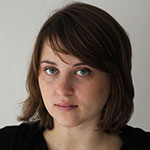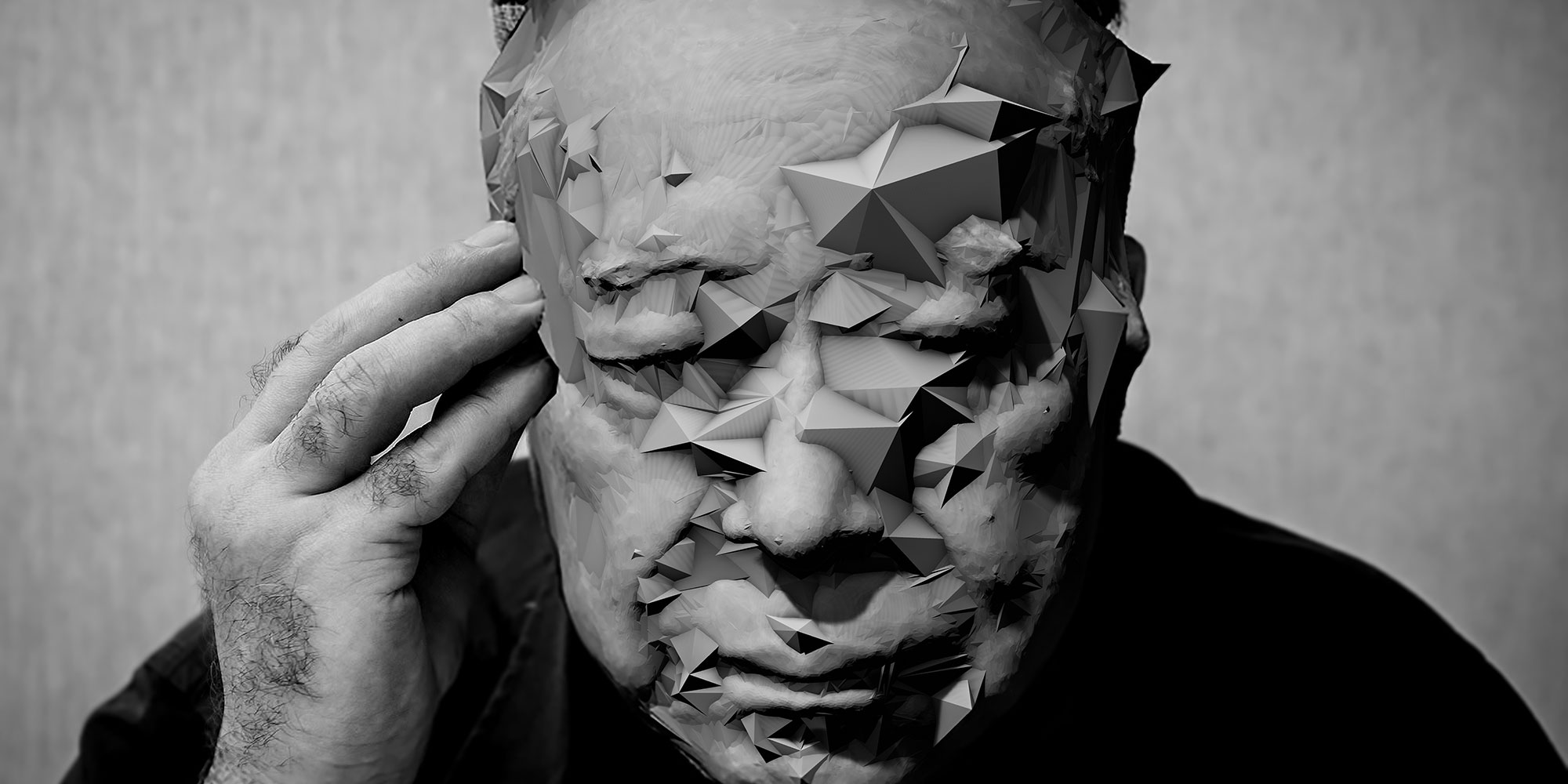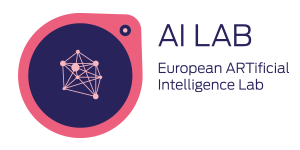Ars Electronica x Amnesty International
Maschinen können repetitive Aufgaben mit absoluter Präzision ausführen. Mit den jüngsten Fortschritten in der künstlichen Intelligenz erlangen sie zudem die Fähigkeit zu lernen, sich zu verbessern und autonome Entscheidungen zu treffen. Damit können sie Aufgaben erfüllen, von denen man bisher annahm, dass sie menschliches Fachwissen, Kreativität und Intuition erfordern. Das bedeutet, dass Algorithmen, künstliche Intelligenz, Maschinen und Robotik ein Potenzial bergen, dass unser heutiges Verständnis von Menschlichkeit in Frage stellt.
Welche Herausforderungen und Chancen ergeben sich daraus? Wie kann künstliche Intelligenz eingesetzt werden, um die Menschenrechte zu schützen und zu stärken? Welche Verantwortung tragen Industrie, Forschung, Politik und Zivilgesellschaften? In Zusammenarbeit mit Amnesty International wird sich dieses Panel mit genau diesen Fragen befassen und mit ExpertInnen diskutieren.
Moderation: Victoria Vesna
Speaker: Rasha Abdul-Rahim, Adam Harvey (US/DE), Nye Thomson (UK), Milena Marin (RO)
Video
Biographies

Adam Harvey (US/DE)
Adam Harvey (US/DE) is a researcher and artist based in Berlin focused on computer vision, privacy, and surveillance. He is a graduate of the Interactive Telecommunications Program at New York University (2010) and is currently a digital fellow at Weizenbaum Institut, a research fellow at Karlsruhe HfG, a future fellow with EYEBEAM’s Rapid Response for a Better Digital Future, and is the founder of the VFRAME computer vision project.

Milena Marin (RO)
Milena Marin is a Senior Advisor in Amnesty’s Evidence Lab, where she works on complex human rights investigations leveraging open-source information, data science and crowdsourcing.
Milena has over twelve years’ experience working at the intersection of technology, data and social good on issues like human rights, public sector transparency, anti-corruption and open data. She leads Amnesty Decoders, an innovative platform using data science, crowdsourcing and artificial intelligence to process and analyse large volumes of data such as documents, satellite images and pictures for human rights research. Previously she worked as programme manager of School of Data where she trained and mentored numerous NGOs and journalists around the world to make the most of their data and reach new audiences. She also worked for over 4 years with Transparency International where she supported TI’s global network to use technology in the fight against corruption.

Nye Thomson (UK)
Thompson creates software systems to explore technology paradigms and underlying power dynamics of the machine gaze. Shows include Tate Modern, Barbican, V&A, ZKM Karlsruhe & Ars Electronica. Collections include V&A. Her 1st solo show, described by C4 News as “too shocking to broadcast” triggered an international government complaint. Her work features in BBC, CNN, the Guardian & Wired. She’s been called „the new Big Brother“ (Vogue) & „a contemporary Jacques Cousteau“ (Bob & Roberta Smith).

Victoria Vesna
Director of the Art|Sci Center at the School of the Arts (North campus) and California NanoSystems Institute (CNSI) (South campus). Although she was trained early on as a painter (Faculty of Fine arts, University of Belgrade, 1984), her curious mind took her on an exploratory path that resulted in work can be defined as experimental creative research residing between disciplines and technologies. With her installations she investigates how communication technologies affect collective behavior and perceptions of identity shift in relation to scientific innovation (PhD, CAiiA_STAR, University of Wales, 2000). Her work involves long-term collaborations with composers, nano-scientists, neuroscientists, evolutionary biologists and she brings this experience to students.




